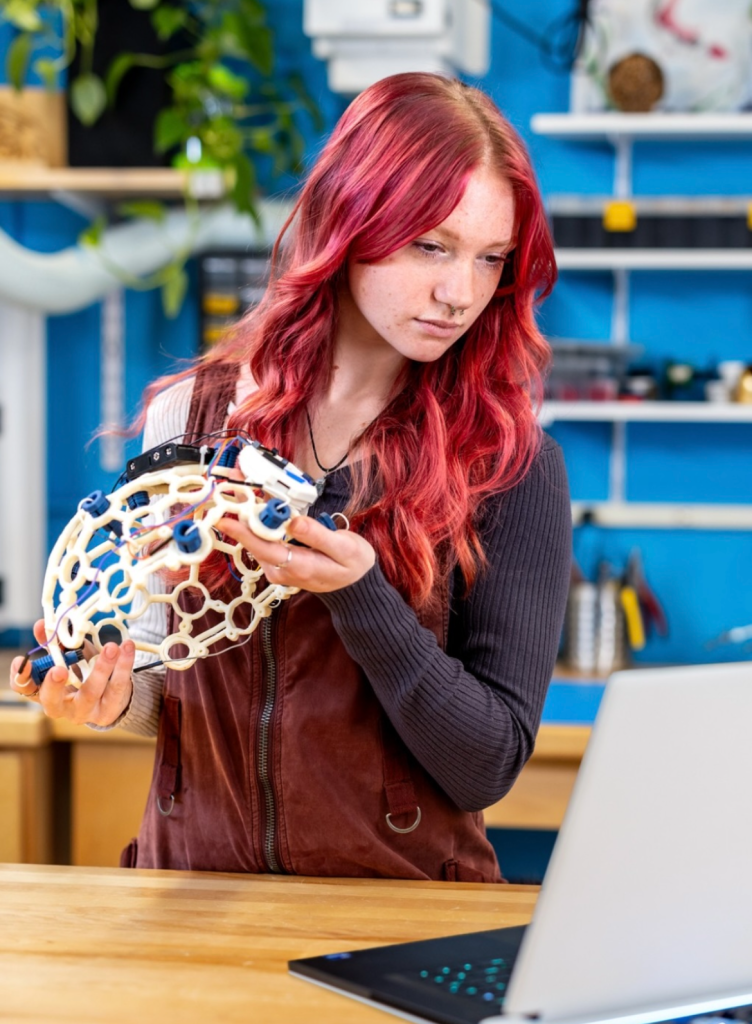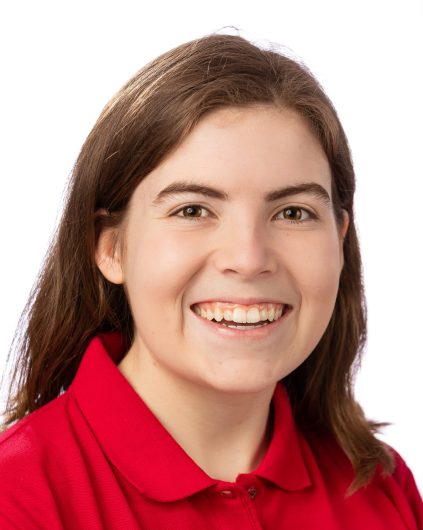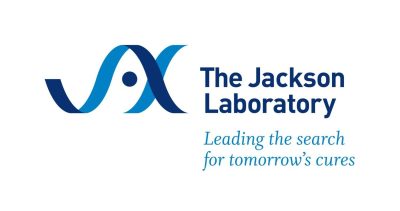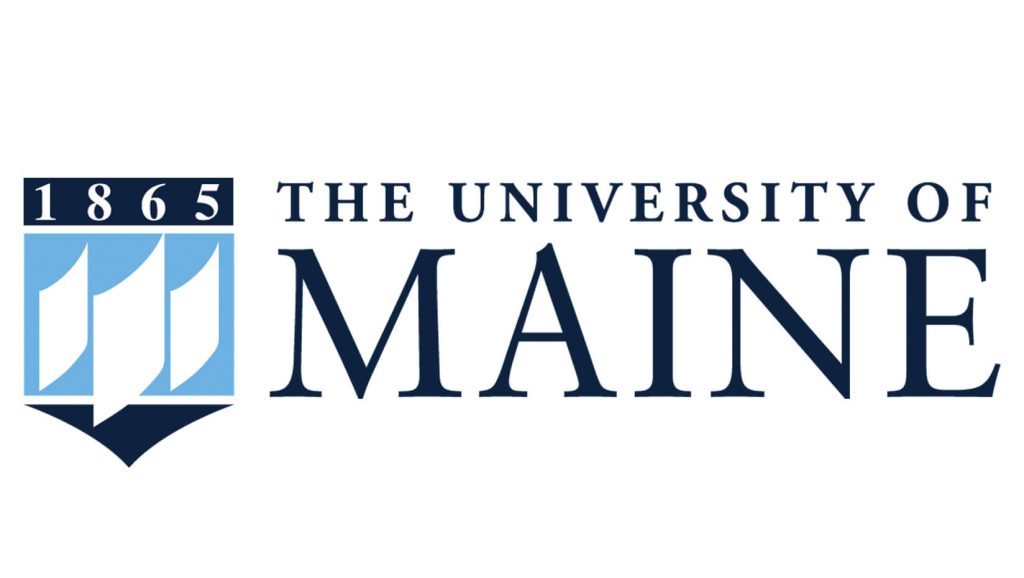Discover Your Future in Biomedical Science & Engineering
Get to know our students and faculty, explore our programs, and connect with our team to learn more about how the Graduate School of Biomedical Science and Engineering (GSBSE) can help you shape your future.

What is GSBSE?
The Graduate School of Biomedical Science and Engineering (GSBSE) is a unique, multi-institutional research consortium that pioneers collaborative, transdisciplinary research through Maine’s largest biomedical Ph.D. program and across a vast affiliated faculty network connecting over a dozen departments at the University of Maine and four primary partner institutions of The Jackson Laboratory, the MaineHealth Institute of Research, the MDI Biological Laboratory, and the University of New England.
Meet Our STudents & Faculty
Allow us to introduce a few of the faculty and students of GSBSE through interviews and videos.
You can also learn about all of our faculty, students, and alumni at the links below.
Ahmed Almaghasilah
Remi Geohegan
Arad Bustan
Biomedical Science Ph.D. candidate
Arad Bustan comes to GSBSE from his hometown of Mashhad, Iran, where he studied Cellular and Molecular Biology at Ferdowsi University of Mashhad and Medical Biotechnology at Mashhad University of Medical Sciences.
“Many of us are drawn to biology out of a deep curiosity. Don’t limit yourself to just one area. Exploring different research fields can expand your knowledge and help you discover what truly excites you. Your PhD focus doesn’t have to align with your undergraduate project. In my opinion, research fit matters more than prestige.” He said.

Madeleine Nowak
Biomedical Science Ph.D. candidate
Madeleine Nowak received her undergraduate degree in Biology and Creating Writing from Miami University in 2020. Since her undergraduate years, she has been interested in epigenetics and how regulation of our genome impacts human health and disease.
She is currently a Ph.D. candidate performing her dissertation research in the laboratory of Robert Koza, Ph.D. The Koza laboratory is interested in epigenetic regulation of obesity and metabolic disease. In addition to her research, Madeleine enjoys teaching a graduate course and tutoring for UMaine TRIO Student Services.

The GSBSE Programs
Below you will find all the information you need to explore what the programs at the GSBSE have to offer.
Learn more about studying with our partner institutions
Ready to Launch Your Future in
Biomedical Innovation?
As a GSBSE student, you’ll collaborate with world-class researchers not only at UMaine but also at our renowned partner institutions — The Jackson Laboratory, the MaineHealth Institute for Research, the MDI Biological Laboratory, and the University of New England. This is your opportunity to join a vibrant, multi-institutional research community driving scientific discovery and innovation across Maine and beyond.
The next deadline to apply is December 1, 2025 for Fall 2026 admission.




